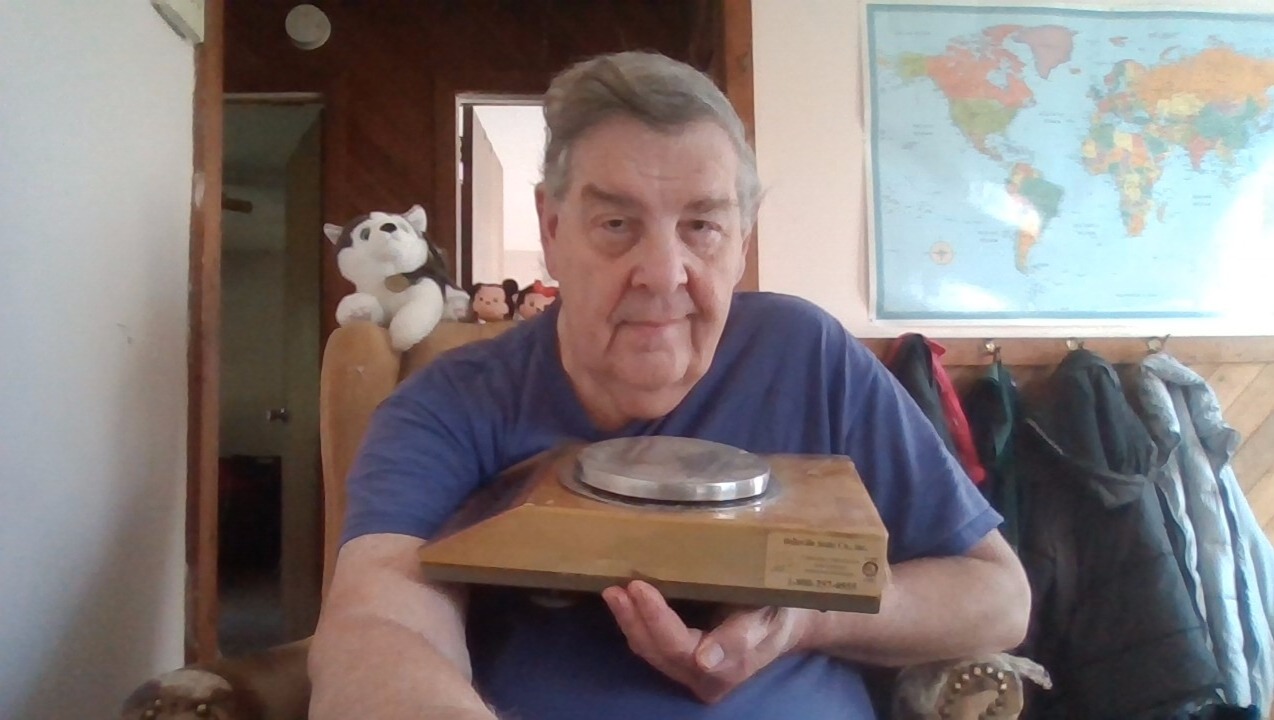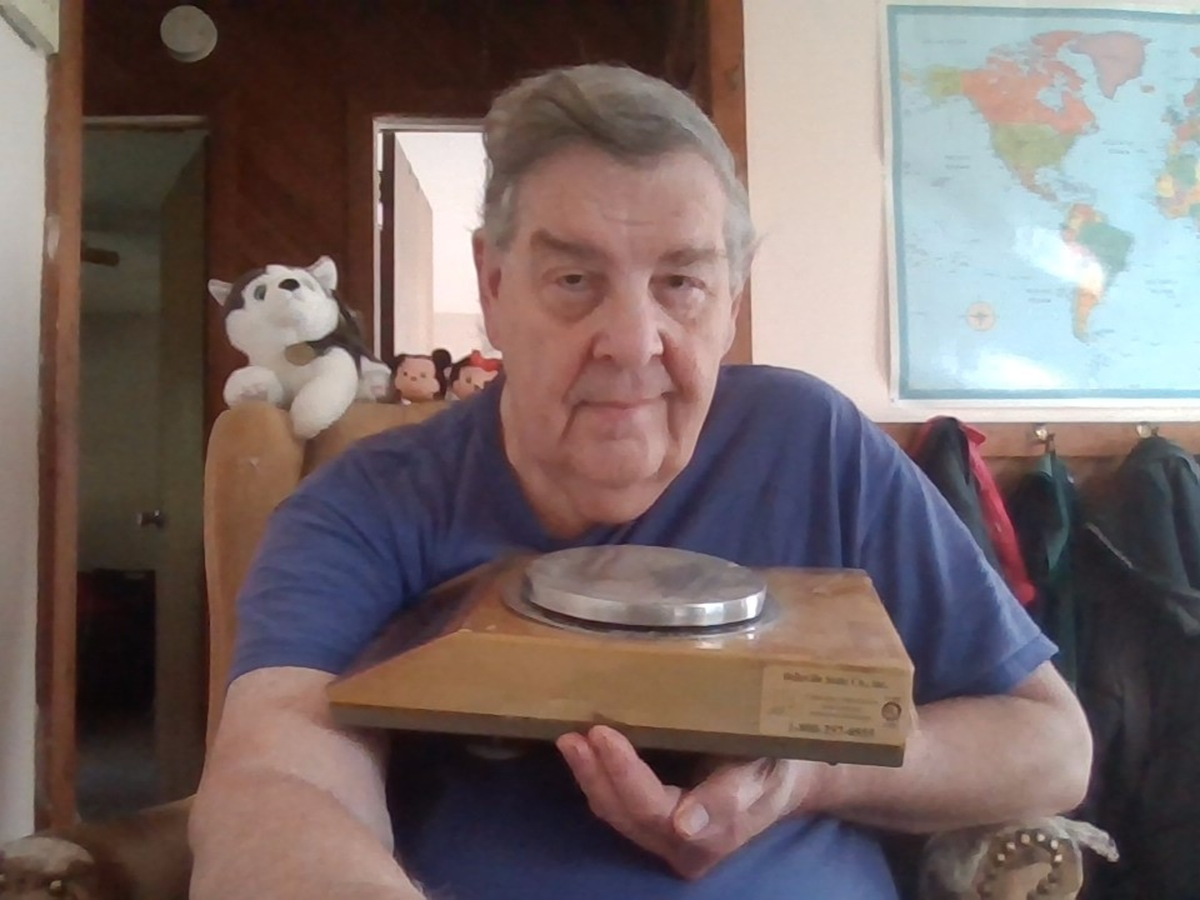What Science Could We Fund
If We Had the Money?
In my years in science, I've been exposed to many questions that people have wanted the answers to but have been stymied for lack of funds to pursue the research:
- I've served on an Institutional Review Board for the IHR that would like to clear a clinical trial by a dentist whose preliminary results show effectiveness of a dietary supplement to remineralize teeth. It's been held up for years by lack of money.
- A computer whiz I know is enthusiastic about what I would call a form of acoustic diagnosis and healing. He's been operating on the legal fringe, not having the data to even openly call it health care. I want to encourage him to test it by conventional standards, to bring it into the medical armamentarium, but that's going to take some dough.
- An entrepreneur I've worked with remotely for many years has been trying to bring out injectable biologicals that have shown promise in tuning up the immune system, adjusting nonspecific immunity both to increase good activity and decrease untoward immunologic effects. The basis for the material is a line of pox family virus that's been languishing, literally frozen, after having been used by a leading virologist to make veterinary vaccines, because Bayer wasn't interested in turning it into a product for human health. The entrepreneur has been able to get only sporadic funding.
- A friend of a friend is a scientist who believes electromagnetism has long range effects in the cosmos that have been underestimated compared to the importance of gravitation. Although investigating this question would not have the practical applications the health-related ones do, the findings could upset our understanding of the cosmos. It may be possible to use research packages in outer space vehicles to do some measurements crucial to this hypothesis. Space aboard satellites costs money.
- Many people would like to know more about dangers arising from playing American, Canadian, rugby, or soccer football. Many studies so far have suffered from being tendentious, "interested" in the monetary sense. I coach children in football and would like to see more objective studies about the relative danger or safety of aspects of these games and practice for them. For instance, is there an age people get to as they grow where the risks become unreasonable? Can money be put up to study such questions by people who aren't working on lawsuits?
- Over half a century ago I had the good fortune to study briefly under C.A.L. Bassett, one of the pioneers of the field of electromagnetic healing. Although he achieved success overcoming non-union of bone fractures, and brought the concept out of an age that'd been dominated by quackery (since a time electricity itself had seemed miraculous), what else has been done of significance in the field in the past 50 years? There's been sporadic attention to adverse effects of electromagnetic fields, but, like the football question, the field has been overly influenced by parties interested in lawsuits. And still there are claims for health or biologic effects of fixed magnetic fields, although these don't fit at all with Bassett's use of induced electric fields to achieve effects; however, a biologist friend of mine back when he was in high school found differential effects on chicken maturation when the eggs were hatched in fixed magnetic fields. So clearly the field is under-funded.
Costs will depend on the particulars of the research proposals.
Obviously some of these questions would have great practical implications if answered affirmatively. Who wouldn't want to know if a certain pill could reduce the need for dental work, or if the frequency spectrum of one's voice could be used for health, or whether a course of injections could do likewise, or how dangerous sports or alternating current are? And if an answer turns out to be, no, this does not work, that means people can stop wasting time and effort on it, or people can forget about it as a concern in their lives. And isn't it also worth someone's money to find out whether the great fires in the Midwest of the USA the night Chicago famously burned likely had an extraterrestrial electric cause, even if there's nothing we could do about it?
Robert M. Goodman, Ph.D.
Update 9/30/25
Here I am holding the used Mettler balance I bought a few years ago to do some testing at home of a product designed to absorb wastes from the Fukushima and other leaks;

I show it as an example of how research projects can be done for cheap -- but not for free! Here's how I describe my attitude toward the scale and scope of work we want to do:
Science, Not Scions: The Action Project
Organizations to fund research these days concentrate on recipients who are already well tied in, in academic, governmental, and industrial institutions. They judge worthiness less on the basis of the research they propose to do, more on the basis of what they've already done and that those around them have been doing. This makes it very difficult to break new ground.
Plants can be propagated one of two ways: by using a scion — a piece of what's already growing — thus copying it, or by planting new seed. We speak of people as scions when they're already connected in some way as to be favored. The Action Project of the Institute for Health Research seeks to find groundbreaking research by those who may not have such favorable connections or records, and to fund it.
The founder of the Action Project, Dr. Robert M. Goodman, has seen many research interests, most with great potential practical applications and some just to clarify the way things work, that, diverse as they are, share one feature: a need for money to do the work that would answer the questions they raise. If the hypotheses the researchers of those questions put forward turn out to be true, the answers could open new fields; just as importantly, if they don't work, other scientists can avoid wasting effort and resources on endeavors proven fruitless. Therefore he undertook with the Institute for Health Research, a nonprofit with whom he had done other work over the years, to establish this project.
Applications for funding are judged solely on the following criteria:
• Do they have a study design likely sufficient to answer a scientific question convincingly?
• Will the funding afford them the additional capability to answer the question?
• Will either a positive or a negative result be an important addition to knowledge, in practical application or advance of understanding of how the physical world works?
Will you help us spread new seed with a money donation to the Institute for Health Research Action Project now?

